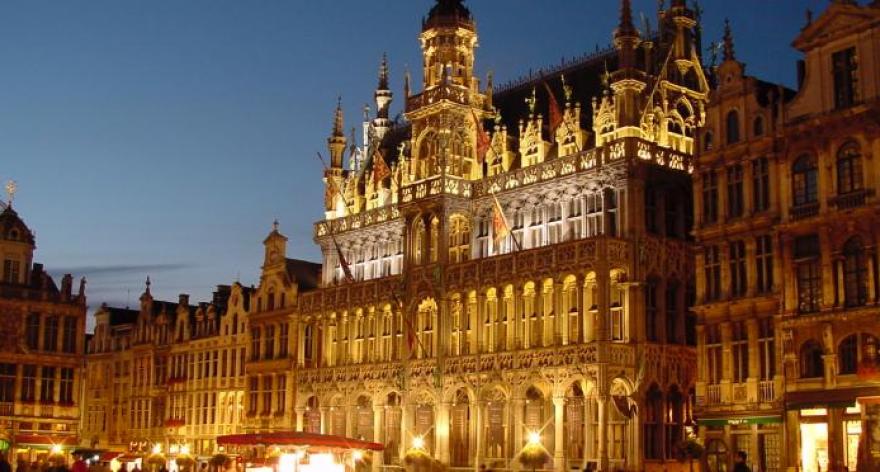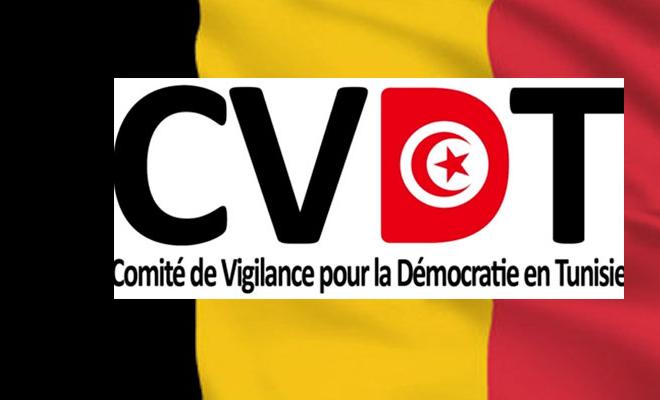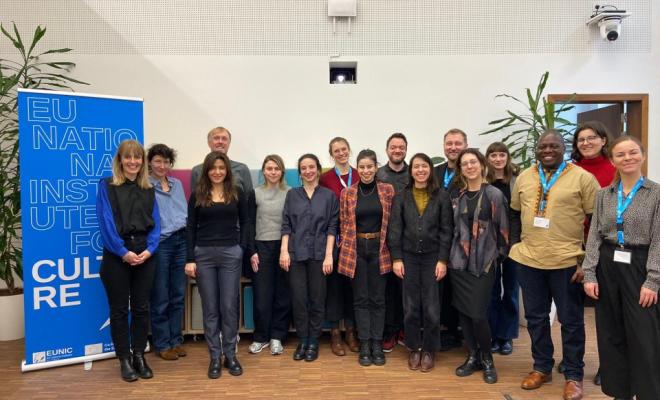
The Belgian network of the Anna Lindh Foundation brings together organisations active in the fields of education, art, culture, migration, human rights and media, as well as universities and "think tanks". Youth and culture are strongly represented within the national network.
The Compagnie des Nouveaux Disparus coordinates the network which is composed of 102 member associations. The Belgian network works to create platforms, find ways of sharing and highlight international connections. The activities take the form of community tours, during which the meeting of members and the head of the network is essential. In addition, members are regularly invited to participate in voluntary events. An opportunity for an organisation to get their name out to a wider public at events organised by the Nouveaux Disparus.
The network is represented throughout Belgium and boasts Dutch, French, English and German-speaking members. The network is skilled in digital and technological aspects, has strong cultural connections with the Arab world and various organisations and institutions wishing to establish international and intercultural exchanges.
Rue de Liedekerke, 9
1210 Bruxelles
Belgium




